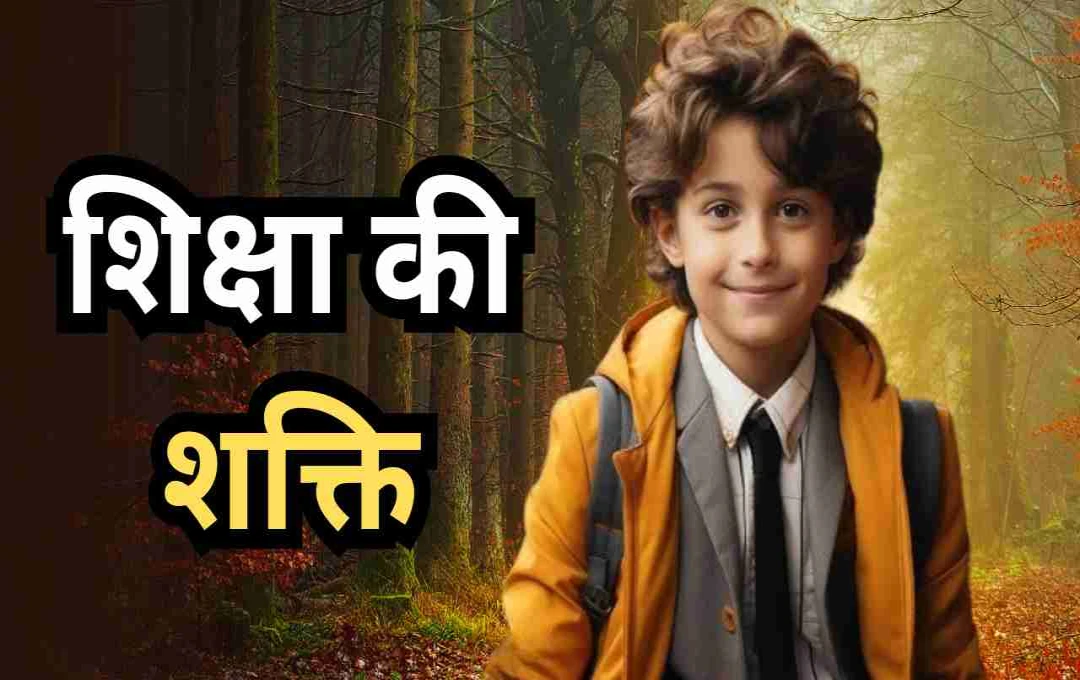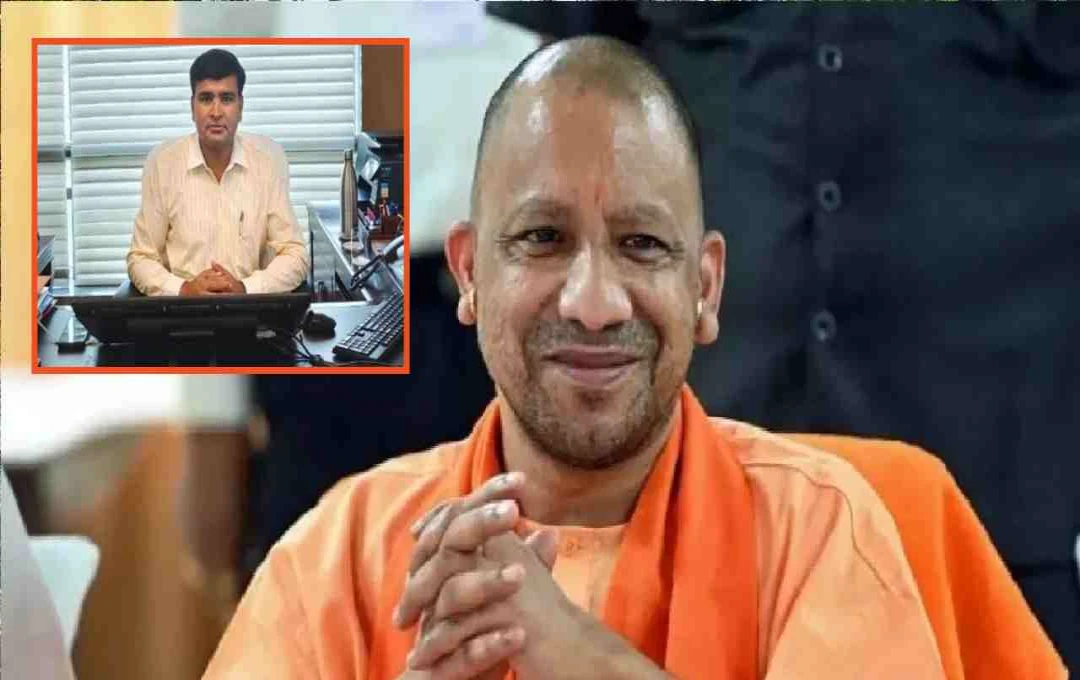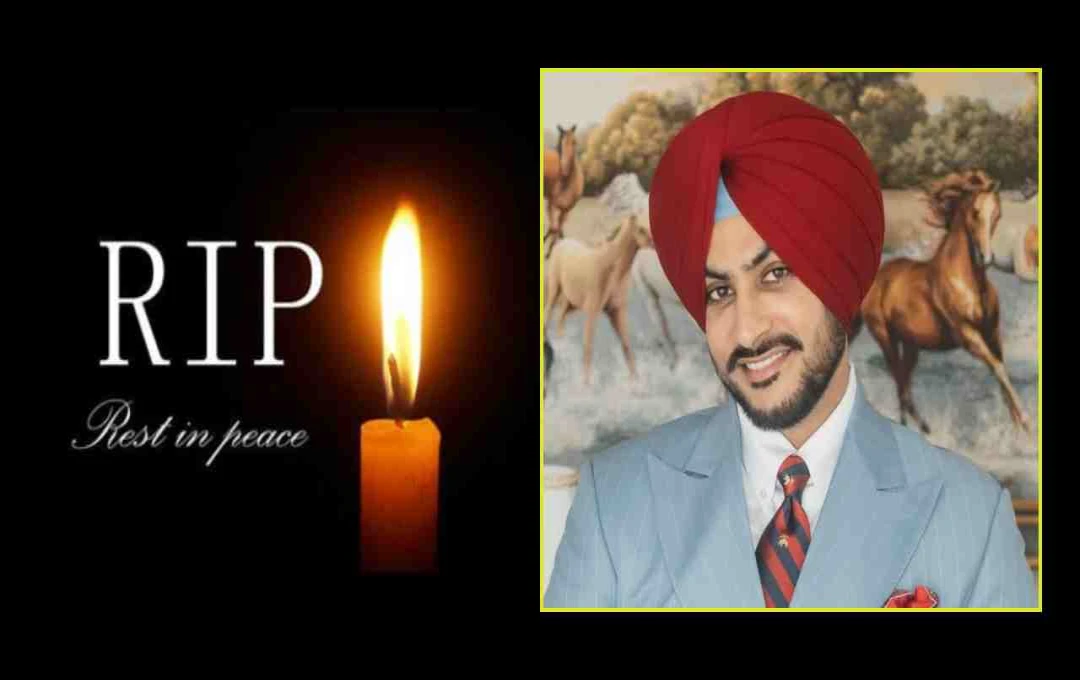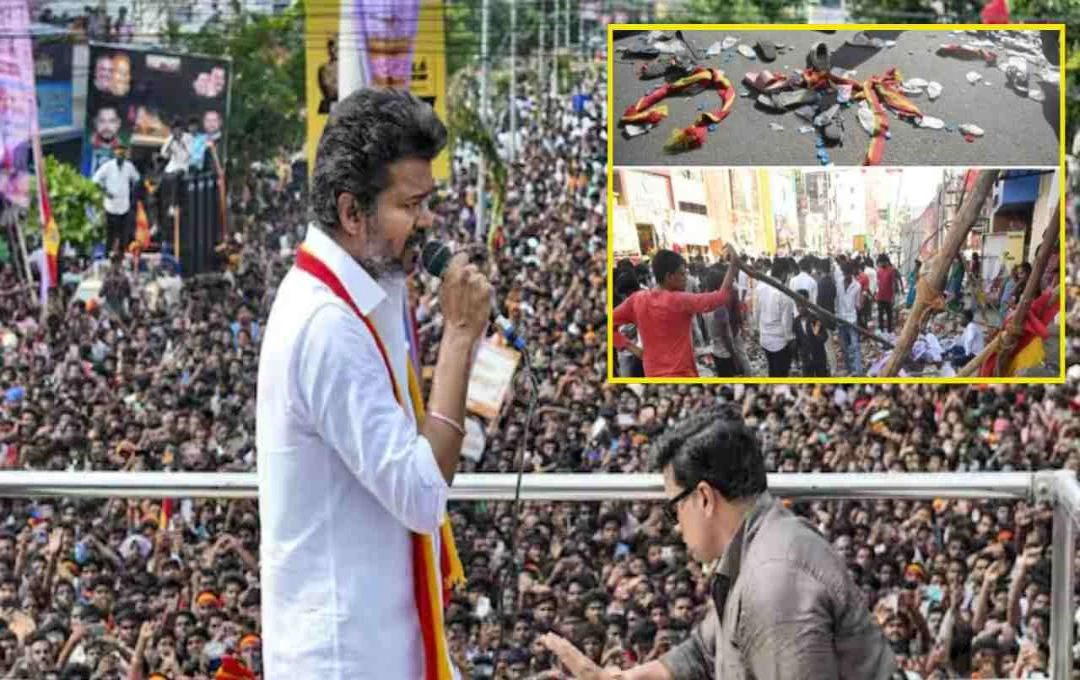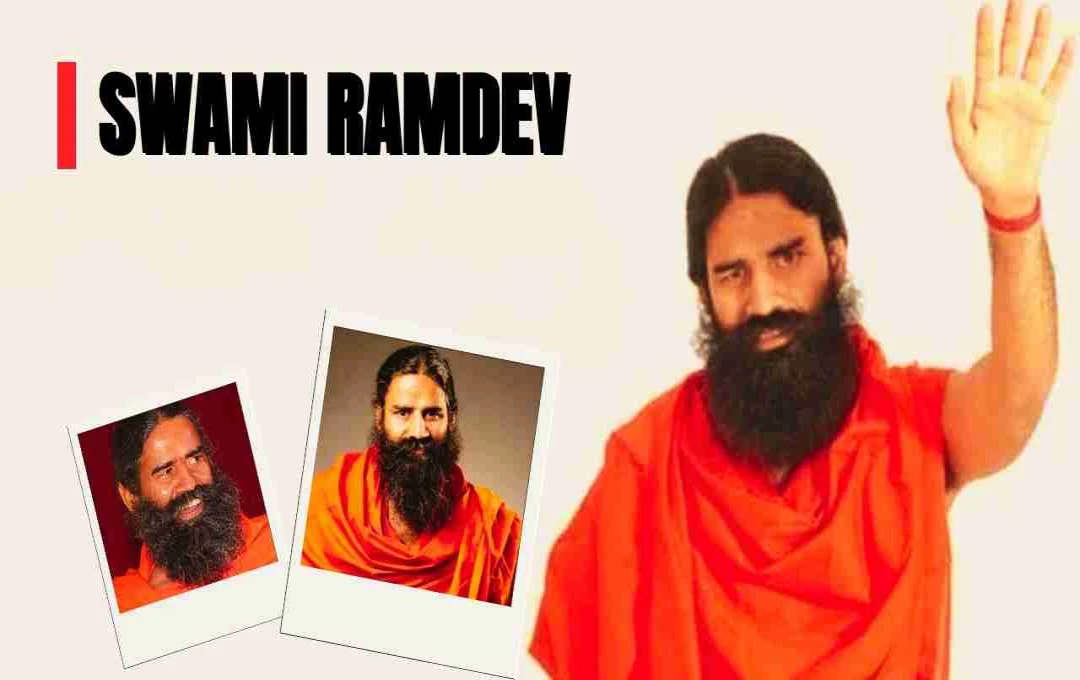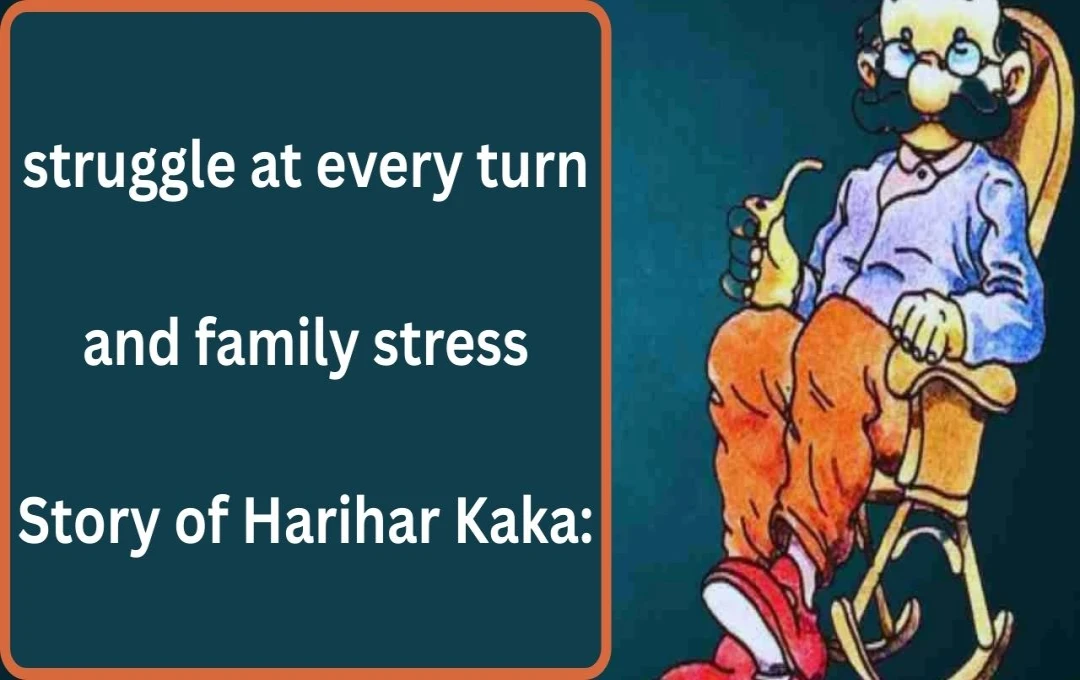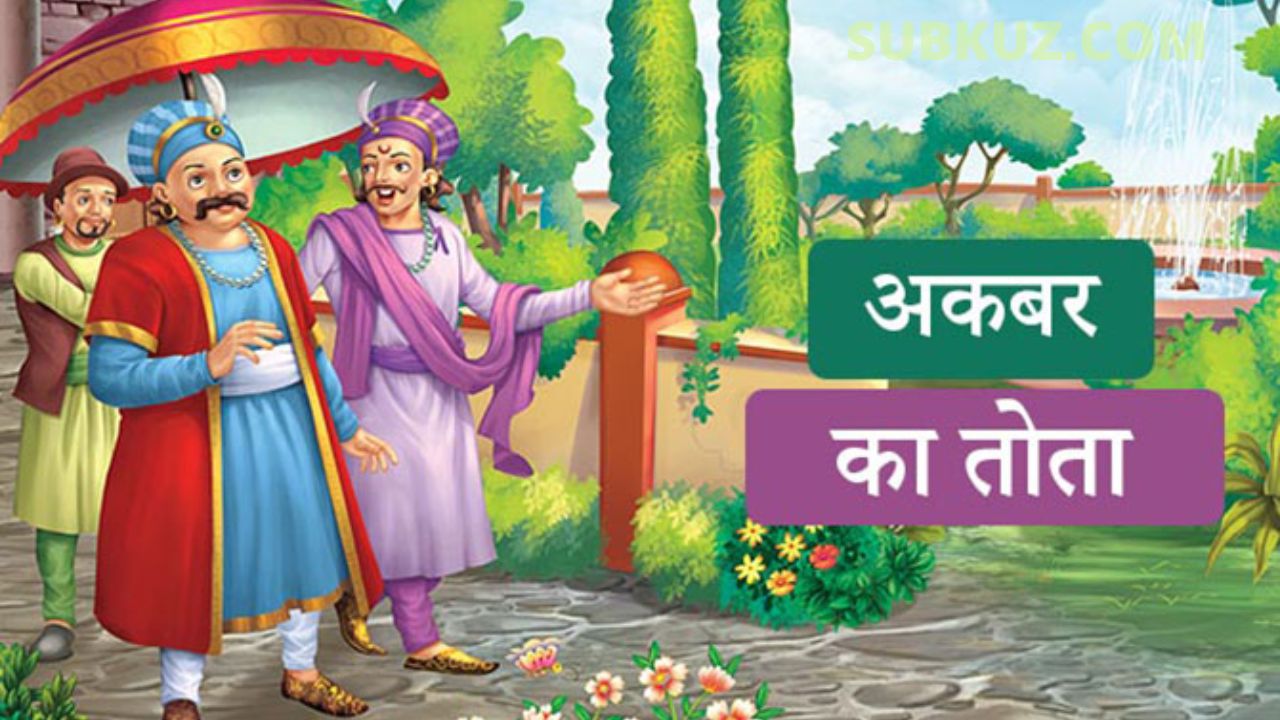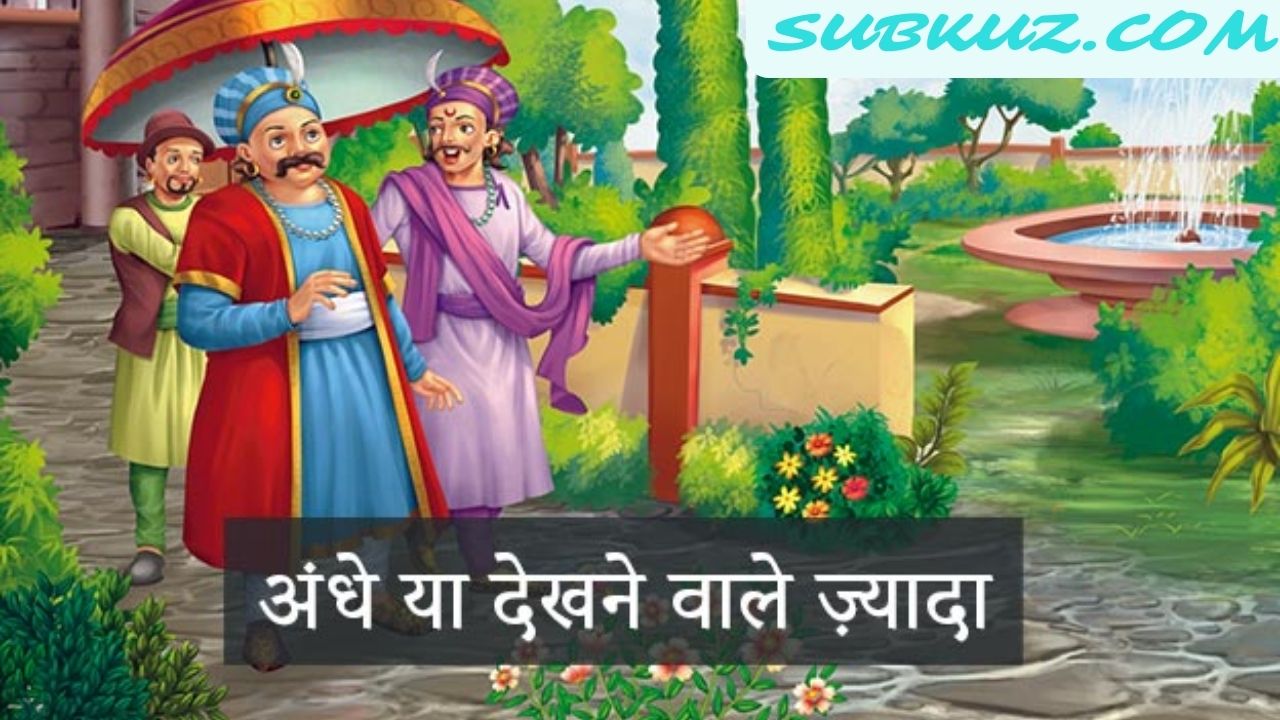Education is not merely a collection of degrees; it is the most significant power that guides a person's life in the right direction. It gives us the capacity to think, understand, and make better decisions in our lives. With the help of education, we can not only fight ignorance and poverty but also lead a respectable and self-reliant life. It helps us gain confidence, wisdom, and a b identity in society.
What is the meaning of education?
Education is not just memorizing the things written in books. It is the art of thinking, understanding, making decisions, and improving one's life. Education makes us self-reliant, earns us respect in society, and broadens our horizons.
Mahatma Gandhi said: 'Education is the process by which a person fully develops their soul, mind, and body.'
In today's world, education has become not just a means of getting a job but also an art of living.
The beginning of the story: A poor boy and his dream
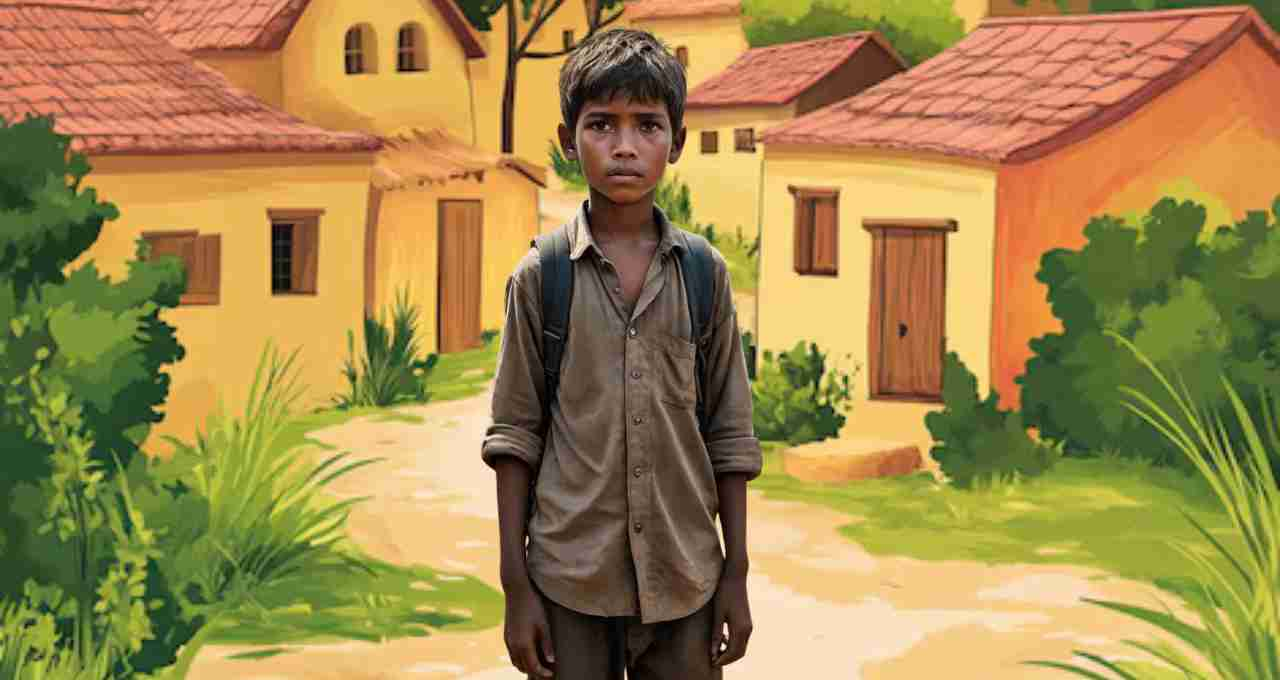
This is the story of Manoj, a boy from a small village in Bihar. His father was a daily wage laborer, and his mother cleaned houses. The family's condition was so bad that they often didn't get enough to eat. But Manoj had no shortage of dreams. He was bright in studies from childhood and wanted to achieve something.
He didn't have books, so he borrowed old ones from others to read. To pay for school fees, he worked at a tea stall in the evenings. Seeing his hard work, the teachers of the village school also motivated him.
The path of struggle: When dreams began to shatter
When Manoj was in tenth grade, his father suddenly fell ill. The responsibility of the house fell on his shoulders. The financial constraints increased to such an extent that he considered leaving school. But his mother stopped him and said, 'If you leave your studies, we will always remain in poverty. You study, and I will work hard.' These words of his mother became a source of strength for Manoj.
After this, Manoj did not give up. He went to school during the day and worked at night. His body was exhausted, but he had only one thought in mind – 'I have to achieve something.' Despite the difficulties, he did not abandon his studies and kept his dreams alive.
The magic of education: The first big step
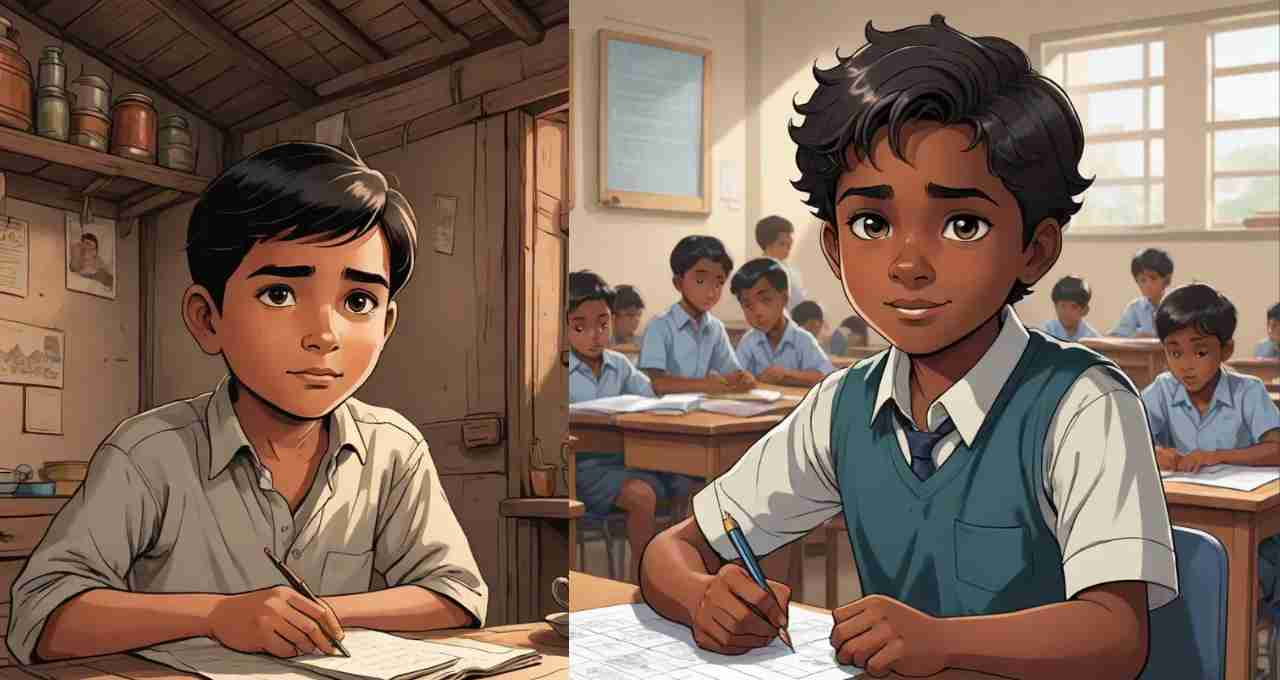
Manoj's hard work paid off. He scored 89% in the tenth-grade examination, which made his name famous throughout the village. Then, he also topped the intermediate examination. Seeing his dedication and success, some people from the village helped him with his further studies. This was a new turning point in Manoj's life, from where he decided to give more height to his dreams.
After college, Manoj started preparing for the UPSC and moved to Delhi. There, he studied day and night, often went hungry, but never gave up. He kept improving himself by sitting in the library for hours. After three years of hard work, he passed the civil service examination. Now he had become an IAS officer, and his dream had come true.
When he returned to the village, people didn't recognize him
When Manoj returned to his village as an IAS officer, people were surprised to see him. The same boy who used to go to school in torn clothes and without slippers had now become the biggest officer in the village. There was pride and happiness in the eyes of the villagers. Everyone wanted to hear his success story.
Manoj also went to his old school. Meeting the children there, he said, 'If I can do it, you can do it too. The only difference is in thinking and hard work. Dreams are never big or small; you just need the passion to make them true.' His words touched the hearts of the children and inspired them to move forward.
Benefits of Education: What changed in Manoj's life?
- Confidence: Manoj was very shy earlier, but education made him confident.
- Financial Status: Where it was once difficult to get two meals a day, today Manoj is in a well-paying position.
- Recognition in Society: Now people look at him with respect and are inspired.
- Family's Situation: His siblings are now studying in good schools, and his mother no longer has to work.
Education changed not just his life but the lives of the entire family.
Today's reality: Why is education still not for everyone?
Even today, there are millions of children in India who cannot go to school. Sometimes there is no school facility, and sometimes the poverty of the home becomes an obstacle in the path of education. In many families, girls are still put to work at home instead of studying. Child labor, child marriage, and traditional thinking are some of the reasons that keep children away from education.
We must understand that education is every child's right. The government, society, and every citizen have a responsibility to ensure that every child, regardless of their caste, class, or gender, gets the full opportunity to study. When every child is educated, only then will the country truly move forward.
Manoj's story reminds us that education is the best medicine for poverty, inequality, and limited thinking. No matter how big the lack of resources, social barriers, and family challenges are, perseverance and continuous effort fall short before them. Only by giving every child the opportunity for quality education can we shape the future of both individual lives and the entire nation. Education is the key to true freedom and prosperity—making it accessible to everyone is our shared responsibility.
